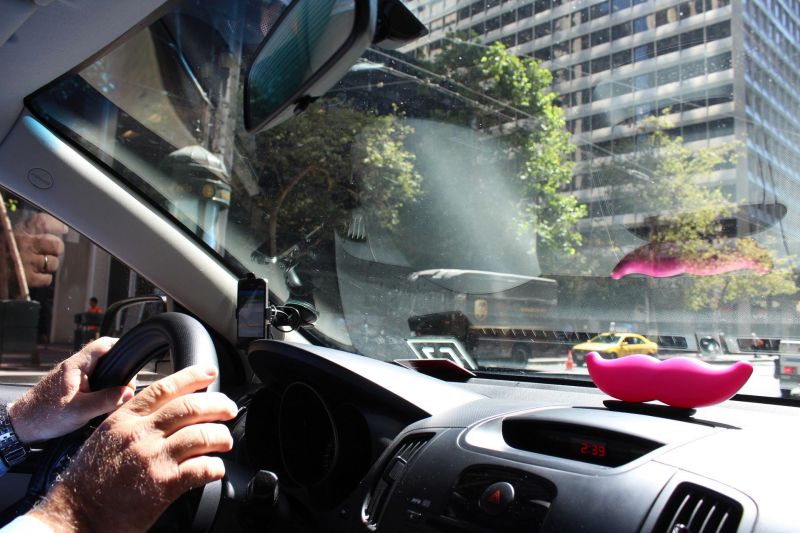Nearly two weeks after California regulators struck Uber with a $7.6 million fine, the California Public Utilities Commission has proposed an updated set of guidelines for ride services that stop short of requiring more rigorous background and fingerprint checks for drivers.
But other proposed rules would tighten restrictions on vehicle inspections and require proof of commercial liability insurance. The regulations also propose giving the commission’s blessings to ride-service carpools, but transportation network companies, as they’re called, would have to show how they calculate split fares.
The regulations would require that ride-service vehicles be inspected annually, or every 50,000 miles, at a facility licensed by the California Department of Automotive Repair. Companies would need to maintain inspection records on each vehicle for up to three years.
Commissioner Liane Randolph wrote that since Uber claims its UberPool service reduces drunken driving deaths and injuries, companies would be required to submit reports that prove “their fare-splitting operations have had an impact on reducing traffic-related injuries,” along with evidence of how the service impacts the environment.
Since the companies have mostly refused to publicly release trip data, little proof has been available in cities like San Francisco to show how ride services are contributing to congestion and affecting the environment.

